Artists are allowed to do whatever the fuck they want
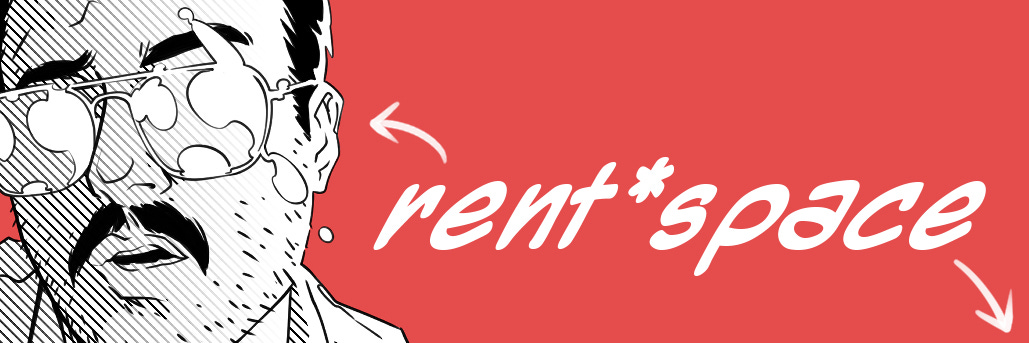
No time for me today? Here are the highlights:
On artistic principles
The softer side of Ronin Digital Express
Sneak peek of a new project
Let's get right into the shit today.
There are a lot of essays going around about how online habits in general (and Twitter specifically) are turning creative communities into toilet bowls of paranoia, manipulation, and unmitigated moral rot.
The kinds of communities where the only thing that can grow is mushrooms.
But this one, about the young adult (YA) fiction creative community, is the closest I could find that would also seem to apply to comics in some ways. Indeed, I saw a handful of comics folk sheepishly sharing it without comment a few weeks ago.
No, this is not some reactionary creedo penned by the YA analog of a YouTube Comicsgate fuckface.
It's a thoughtful (if exasperated) and honest postmortem of a community that has been subsumed by palace intrigue and narcissistic power struggles.
It speaks of a warped ideology, nominally shared by most members of the community, and the confused betrayal when this ideology has been seemingly weaponized against its own.
Is the YA community too far gone? Can 10 righteous artists be found in this digital Sodom?
Nicole Brinkley, the author of the piece, (who has also seemingly quit Twitter) seems to inch right up to the line of declaring her community DOA.
And if not, the essay rhymes with the rhetorical hum of that glass-shattering Joseph Welch moment which instantly closed the Big Damn Book on the yellow-bellied inquisitors of the McCarthy era.
"Have you no decency?"
Translated for this community, "what exactly are we doing here anymore? Is there any content we are allowed to enjoy?"

Nicole Brinkley, last known photograph
It's a fascinating pulse check on a creative community that may have gone too far, and I know that many in most creative communities are feeling a similar sort of change in the wind.
Figuring out exactly what we think is going wrong is a bit of a slippery task, and there is a genuine, good-hearted desire in artistic communities to be open-minded and inclusive. Noble and laudable things, all.
And many times, that's exactly what the community looks like from the outside. Welcoming and kind.
But then there are those increasingly frequent moments where the veneer of polite, collaborative community quickly unravels into something else. Something more resembling a hostage situation.
And after the hostage has been executed, (which is inevitable, but conspicuously hastened by any fathomable form of apology), the rest of us look the other way, to speak of it again only in trusted company, and never above the decibel of a library whisper.
What am I getting at?
Everybody in a creative community needs to decide on their principles. And then they need to defend those principles even, especially, when it's difficult.
This is why I defended Frank Miller in the Thought Bubble scandal of the past week.
Do I think that Holy Terror is a cruel, knuckle-dragging shit show? Yes, I do.
Do I think there's value in exploring political propaganda as an art form? Anyone who knows me knows the answer is a big, fat "NO."
Do I think that Frank Miller is allowed to write a piece of political propaganda, and that we're allowed as the audience to almost universally condemn it as a cruel, knuckle-dragging shit show, two things that, by the way, happened over a decade ago?
Yes.
This is what defending a principle of artistic expression, even when it's hard, or unpopular, is about.
And here's the pathetic truth — these battles aren't usually as hard as the Miller battle, wherein the work in question is simply not defensible.
It's difficult to hang these controversies on any single example, because any single example is going to press up against our individual levels of tolerance and personal prejudice in unique ways.
But on the whole, I don't think many feel comfortable with the precedents set, the trends being normalized, or the digital book burnings we seem to be on the cusp of.
But I don't want to just sling polemic at you.
Let me make it personal for a second and tell you why I believe so fiercely in artistic expression.
Nothing about what creative communities are going through right now is new.
In the 90s, the group trying to flex their pathetic, flab-covered moral muscles over what artists can and can't do were Evangelical Christians.
And I was behind enemy lines for that one. I was one of them! A child inquisitor (and a total square).
I too thought that depictions of violence, or drug use, or sex, were deleterious to the minds of the youth of the nation, who must be protected from harm by any means necessary.
If you beclowned yourself in the pursuit of this end, you were not a fool, but all the more righteous, your crown in heaven that much more bejeweled.
Sound familiar?
And it was the hell-bound Liberals (our sworn enemies, shakes fist) that argued passionately against we dogmatic scolds in favor of free speech, and artistic expression. It was they who advocated tirelessly for the way that art, and only art, can, in its messy sort of way, create empathy and understanding.
"It might be uncomfortable for you Evangelical Christians with your convictions and your morals. But, good! It should be uncomfortable.
"That's what it is to open up your mind, and to have your ideas challenged."
That's what it is to inch closer to true compassion and human understanding. Not the performative version where you slap a bumper sticker on your hybrid (or in your Twitter bio) and call it a day.
And here's the amazing, happy ending to that story: The Liberals were right! I changed my mind.
I tell you that so that if you're bitter at reading this, then you know who to blame for the monster I've become. I am always going to come down on the side of free expression.
Be creative. Be offensive! And these days, be ready to chuckle at utterly cynical, bad faith takedowns of your work based on the popular social constructions of the day. Be ready to defend yourself and your character using your language, not theirs. Be brave. And above all, commit yourself to your principles.
In closing, I want to thank Nicole for her honesty and her meticulous care in writing her essay and nod warmly at her courage and strength of character.
I am taking a much more caustic approach here than she did because I handle this kind of stuff with all the subtlety of an autographed wrecking ball. She handled it like a brain surgeon. It is enviable and commendable.
Though her essay was not about comics, I think it's worth using it as a springboard to talk about this slippery thing we all see happening in our creative communities. Maybe you won't feel as strongly about it as I do, or maybe you think it will fade and die out over time.
But if this is really bugging you, and you can't quite put your finger on the why, then my advice is simple: Commit to your principles. It's not going to make you popular. There will be consequences.
But you will be alive.
From another smart writer named Ottessa Moshfegh, quoted in Nicole's piece:
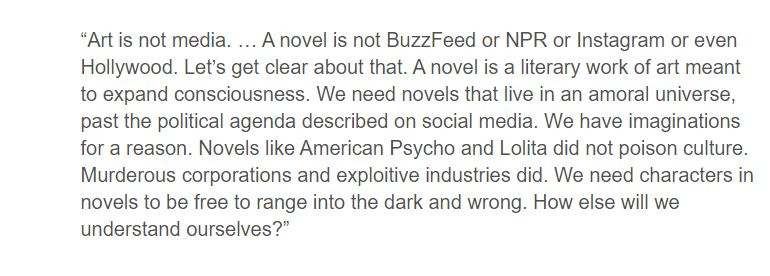
This is the money quote, and what it's all about.
I'm not a reactionary. I'm not going to tell you that the sky is falling, or that there's a battle coming over what artists are allowed to do, or that the battle is already here.
But increasingly for the past couple of years, I do see more of this than I'm comfortable with, and I know a lot of others are feeling the same way because they tell me, so let me just make it crystal clear where I stand on this.
Artists are allowed to do whatever the fuck they want.
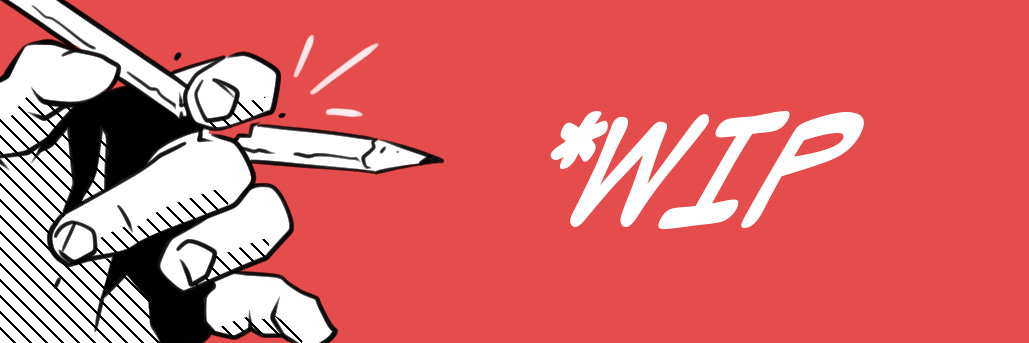
Let's talk about something else, the fate of which is in at least as much doubt as the soul of the comics community. Ronin Digital Express.
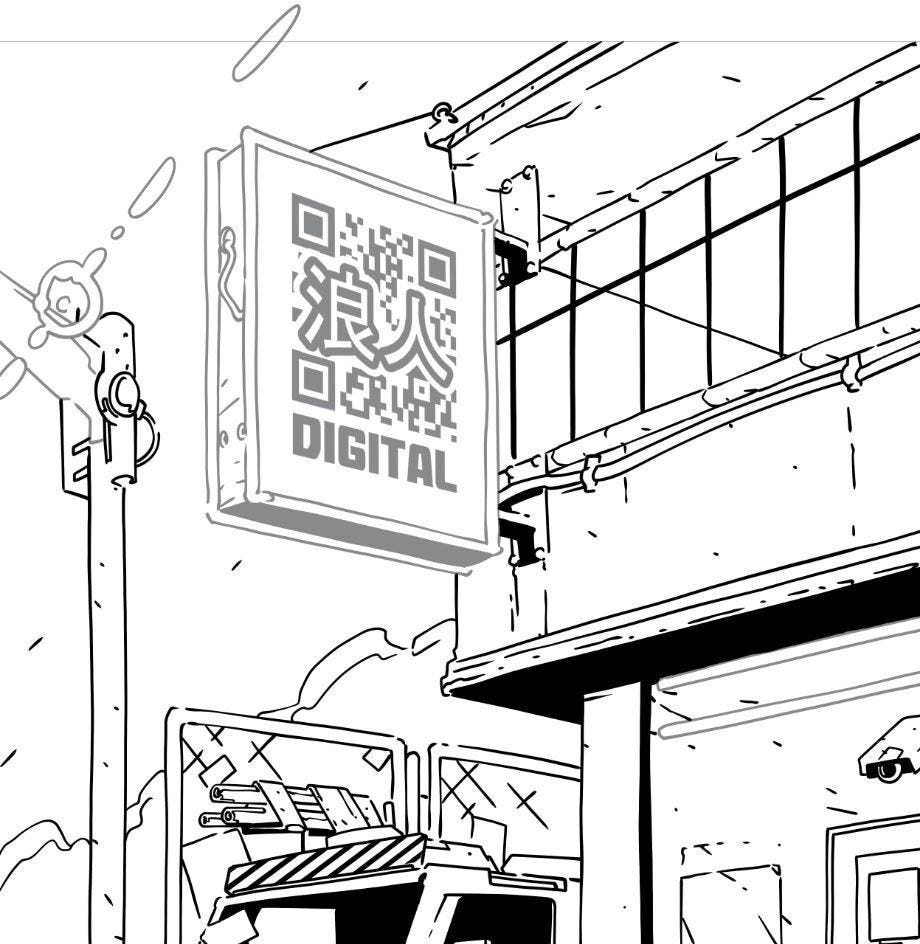
The last couple of issues of rent*space have been dedicated to the challenges of crafting action sequences and visual world-building in the forthcoming episode "Gaiden."
This issue, much like the back third of "Gaiden," takes a different approach.
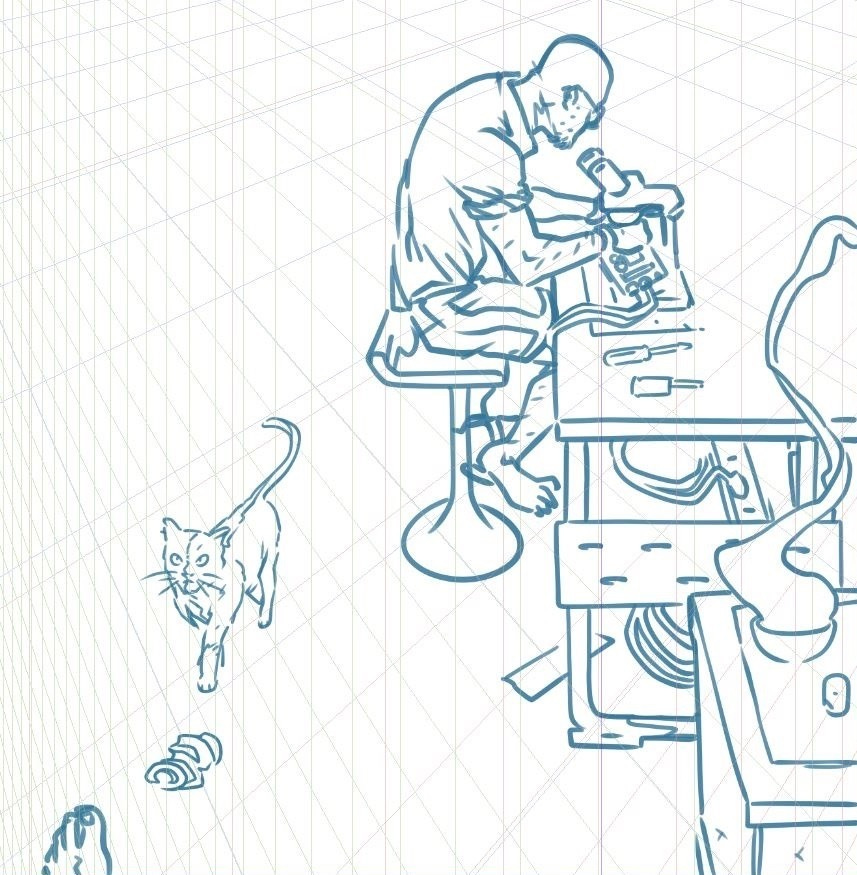
The epilogue to "Gaiden" is comprised of a long, dense monologue by newly-introduced supporting character, and the Green-Eyed Ronin's employer, Odin Watanabe.
Now, Odin is a very bookish sort. A talker. He's very much an intellectual, and a bon vivant.
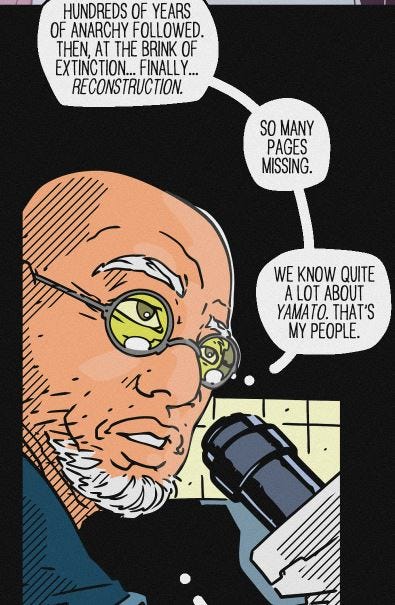
There's a major storytelling benefit to this for me as the writer. For one, it allows me to get some critical world-building exposition in. Two, I can explore the philosophical side of Ronin Digital Express, and have a character explain what it's like to navigate that world.
And lastly, it allows me to push the normally laconic Green-Eyed Ronin into yet another poignant and nuanced moment.
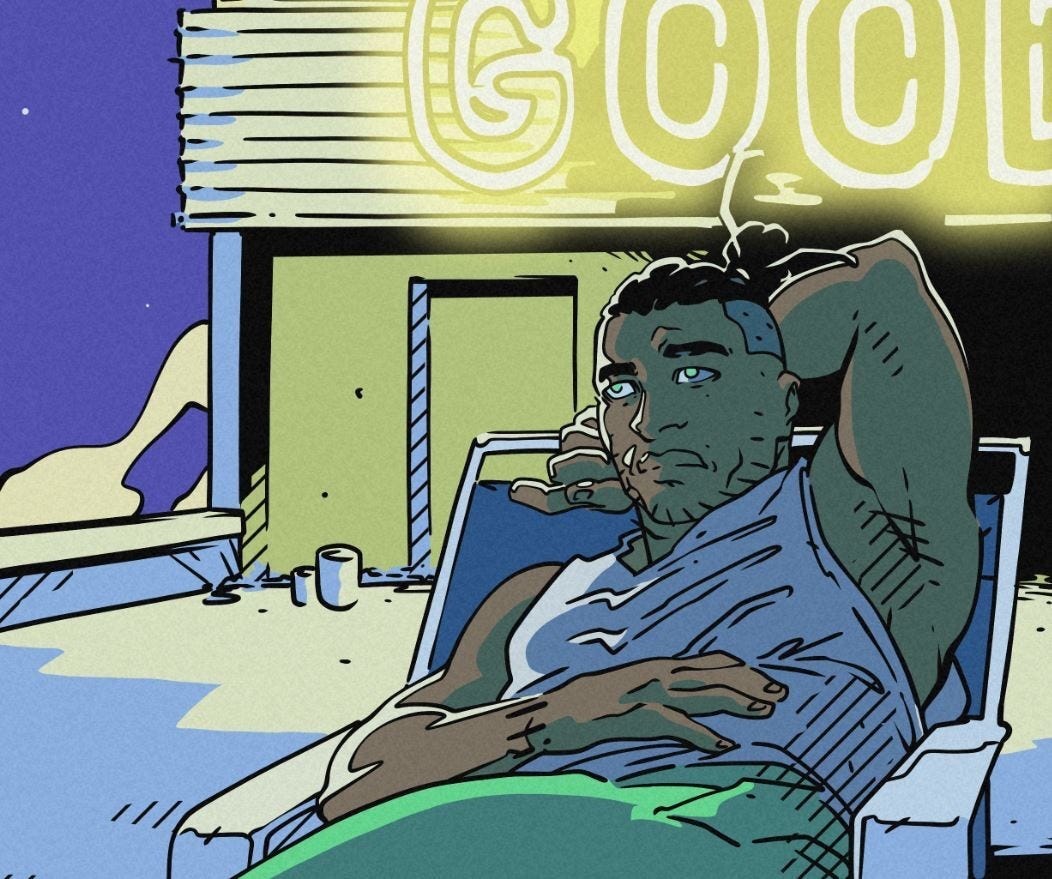
Odin says a lot of stuff, and a lot of it is good.
But when the Green-Eyed Ronin speaks, he says a lot with very little.
At the end of "Gaiden," you should be able to hear a pin drop. And what is said might not seem like much, but the ripples on the rest of the story are profound.
Also, for easter eggs:
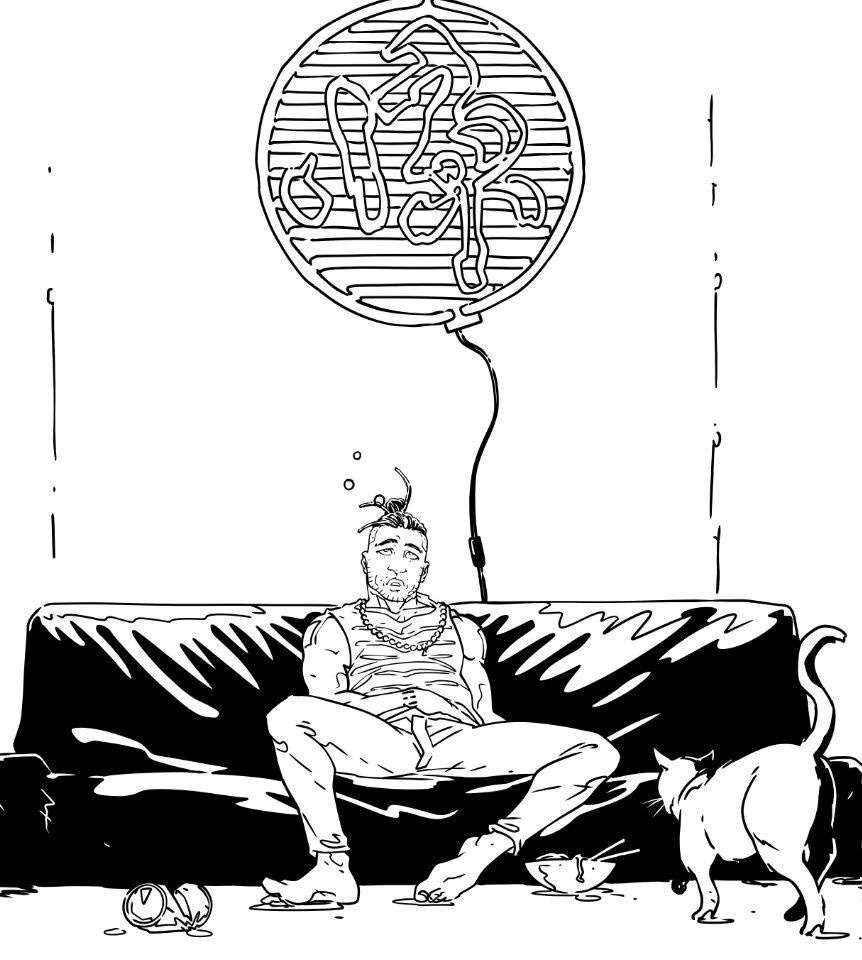
Yes, that's the neon from Blade Runner.
You're also going to meet a new character, Odin's chimera cat, Satoshi.
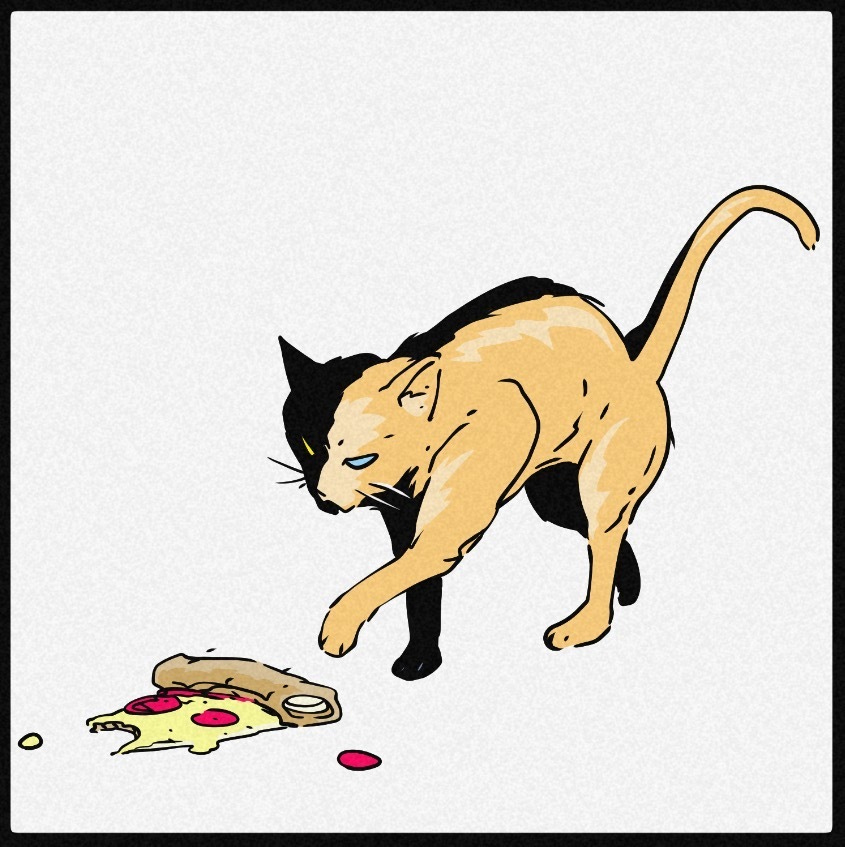
I'm not really a cat guy myself, but it's important to focus on what you have in common, so Satoshi and I share a soft spot for greasy, stuffed crust pizza.
This will wrap up "Gaiden." Coming up next is something I think is really special. Stay tuned.
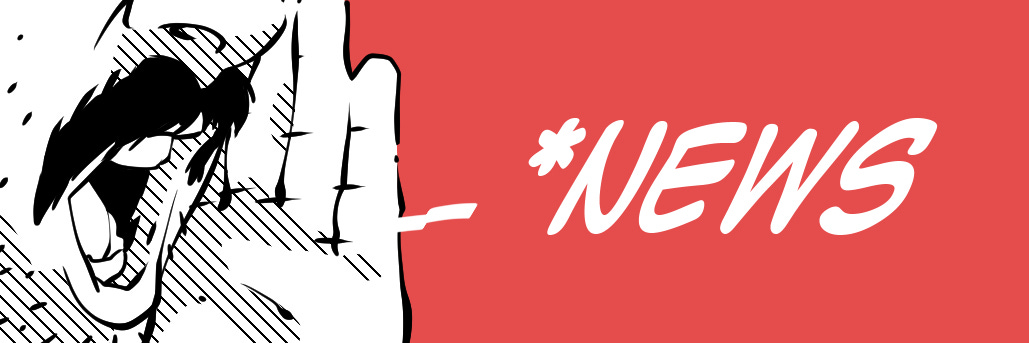
I was covertly invited to contribute to independent writer/editor par excellence Rick Quinn's recent smash-hit Kickstarter UNCANNY VALLEY — ARCHIVE 001.
(By "covertly" I mean he just asked me and I said yes, but the way I said it before sounds better, so—*)
Click through for the overview of the project, but it's more or less a Black Mirror-esque anthology featuring Quinn collaborating with a Murderer's Row of up-and-coming indie comics talent, and also me.
Uncanny Valley is mostly comic with a bit of prose, and it's alongside one of those prose pieces that I was commissioned for a handful of illustrations.
Title page below, lettering not final (of course).
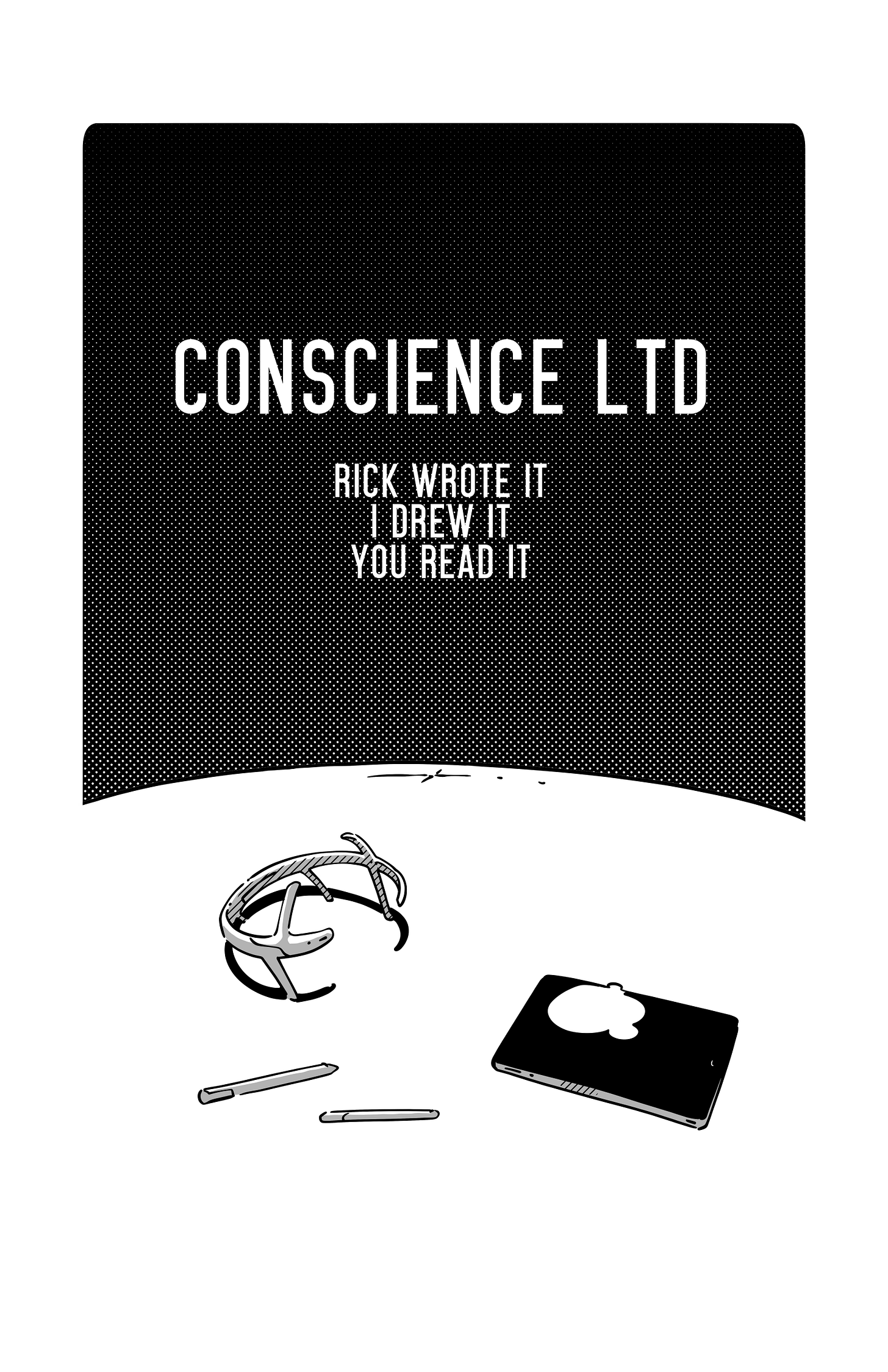
I won't give too much of the story away, but the story is written as a short transcript of a job interview with a promising candidate, which turns south when the candidate is more or less blackmailed by the company.

It's a lot cooler than that and involves exploiting his dark and dirty secrets (or if I were the main character, 4 hours of his average daily internet consumption).
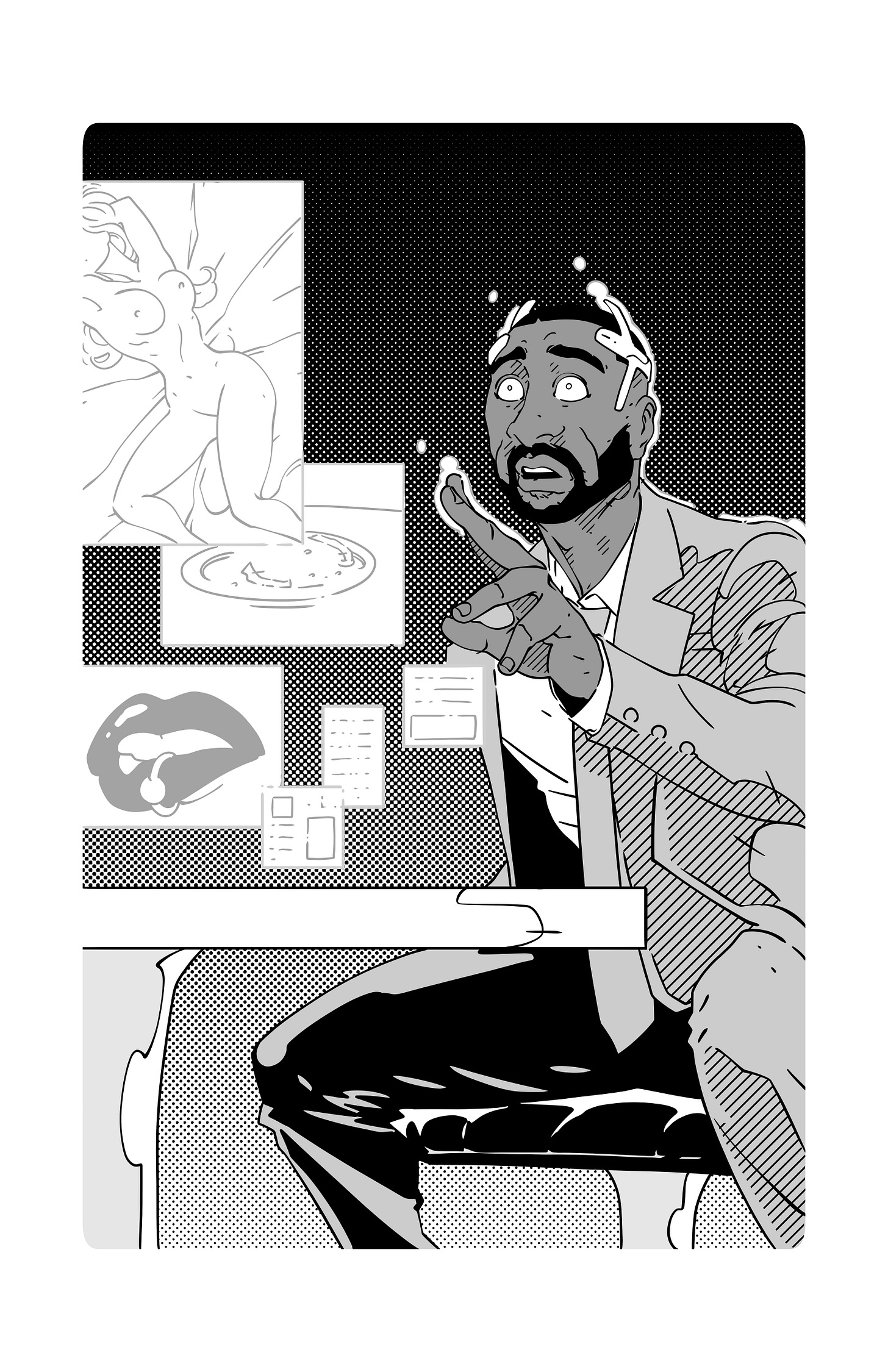
I'm not sure if there's any way you can still get it, except at Rick's table at a forthcoming convention, but if you think you can get a copy out of him, you can bug him on Twitter.

That's all for now.
Thank you for your support. It really means a lot.
If it's not too much trouble, share Ronin Digital Express with a friend, or even an enemy with good taste.
Be good.
*rent




